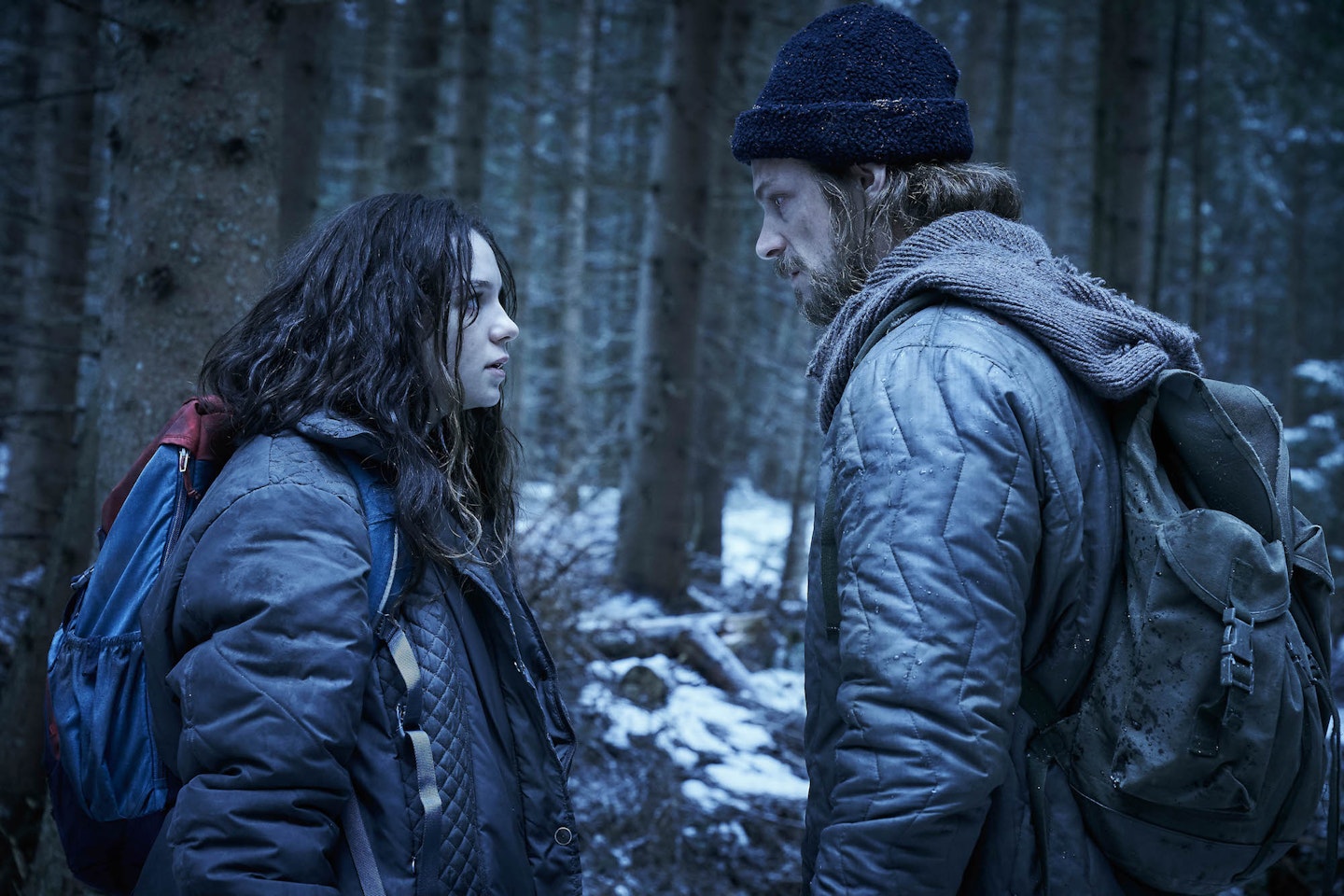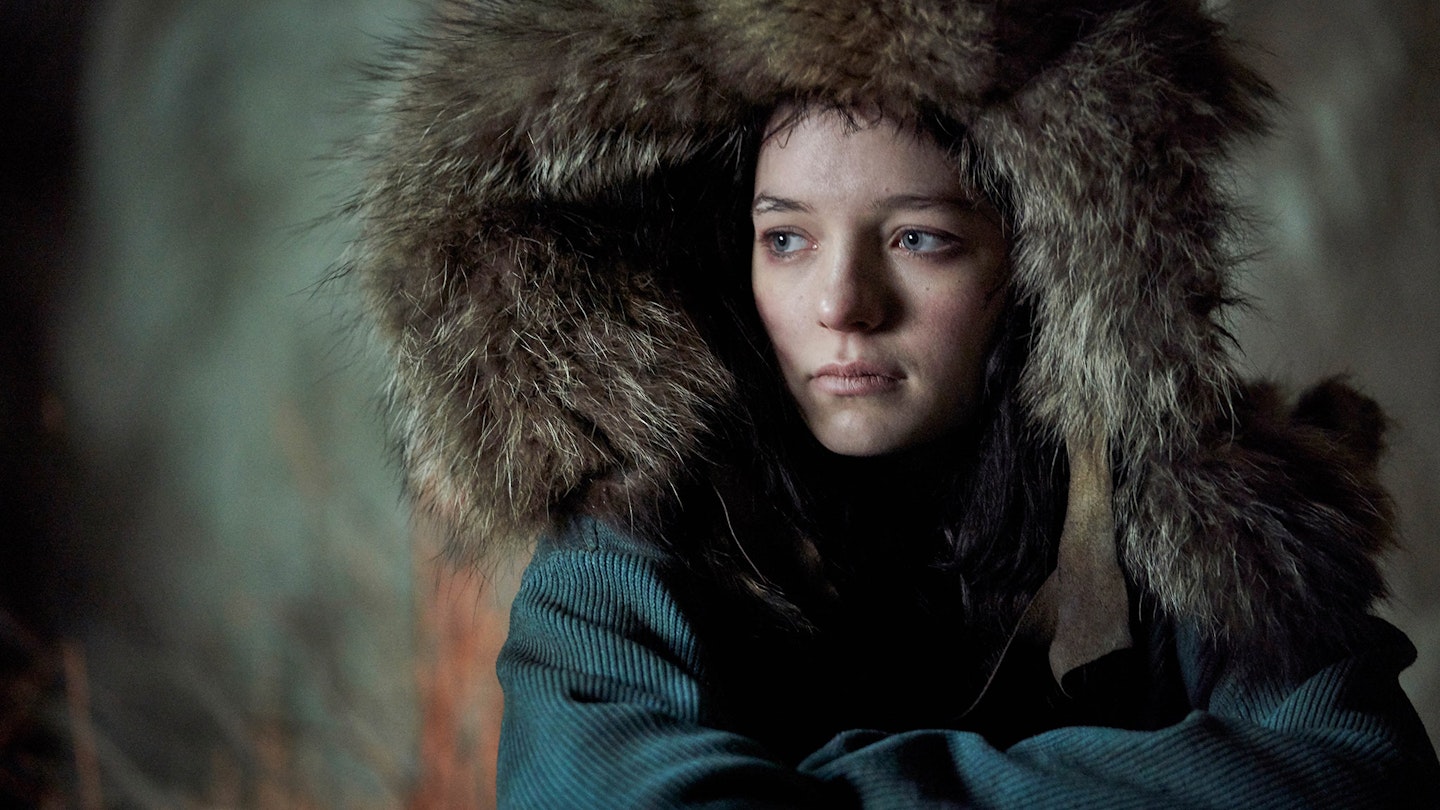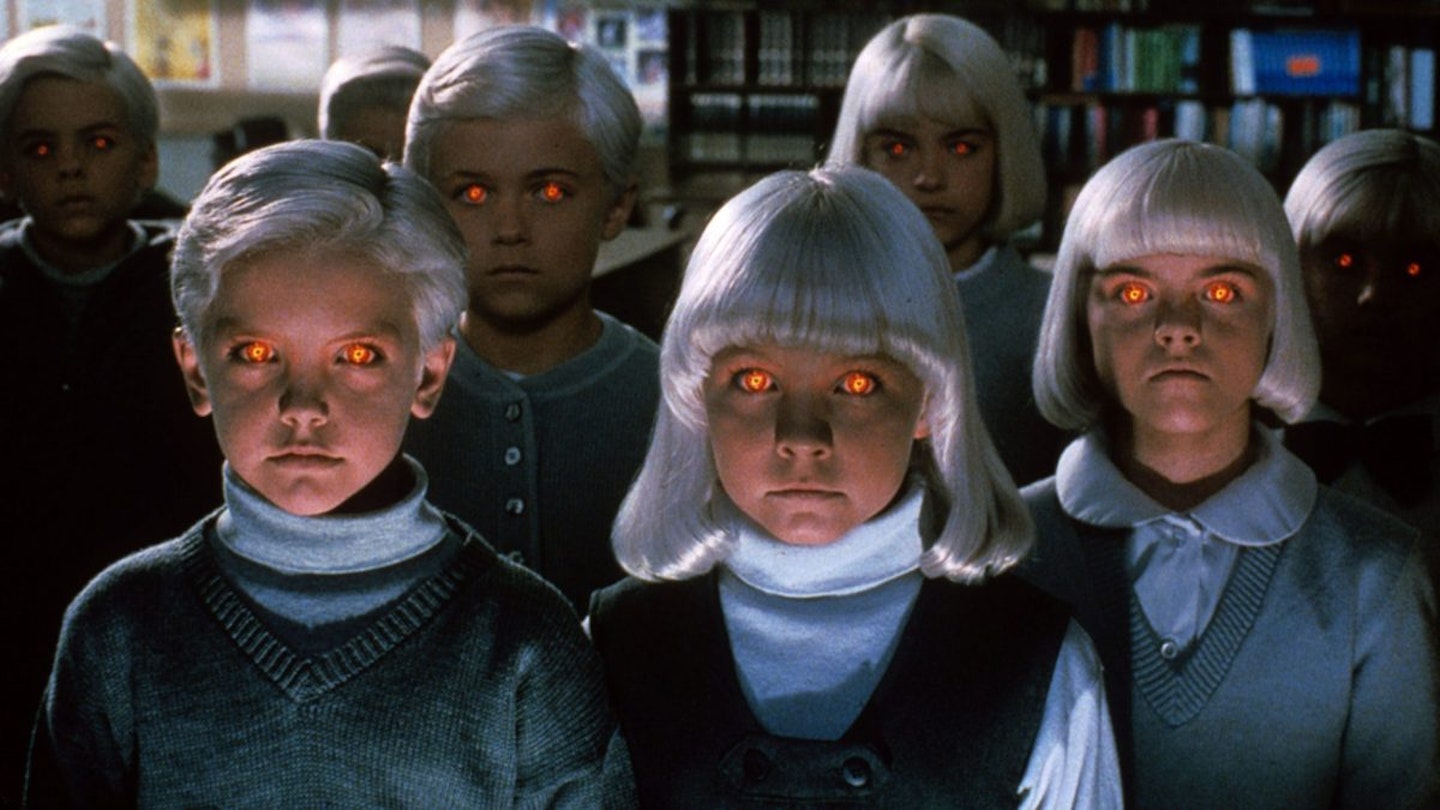Joe Wright’s Hanna (2011) was an action movie with virtually no interest in action movies. A coming-of-age story imposed on an espionage conspiracy (The Bourne Puberty, if you will), it was a straightforward tale elevated by an unusual treatment. Deliberately skewed by Wright, the film was a Lynchian, surrealist take on the subject, riffing on Hans Christian Andersen more than Robert Ludlum, with fairy tale motifs and bold, almost comic imagery delivering a sensory showcase more than a story-driven thriller.

It’s to better explore the latter aspect that The Night Manager’s David Farr (who also co-wrote the movie) has re-adapted the story as an eight-part series, jettisoning Wright’s stylistic flourishes in favour of a stark, more utilitarian take. Now grim rather than Grimm, Hanna redux takes us back to the snowy wilds (this time a Romanian forest) and an orphan girl raised in isolation to be an efficient, unflinching killer. Instead of barreling straight into a rip-roaring rampage of revenge, however, Farr’s second take wallows in the moment, not only diving further into the mythology but savouring Hanna’s transition from feral outcast to socially awkward teen.
Hanna’s attempts at socialisation (facilitated in large part by Rhianne Barreto’s English tearaway, Sophie) are the series’ main attempt at lightness, her coltish efforts to mingle and flirt (at least two boys end up with broken appendages) with other teens showcasing a capable young actor in her first leading role. Saoirse Ronan’s shoes aren’t easy to fill but Esme Creed-Miles makes the character her own, playing the killer naif with a tender vulnerability, while keeping her just out of sync with the wilder world. Joel Kinnaman and Mireille Enos — reunited here for the first time since the US remake of The Killing — provide effective bookends, each pushing at Hanna from opposing sides. The pair’s chemistry works wonders on the rare instances in which they share the screen and one near episode-long confrontation around the halfway mark proves a series highlight.
However, despite flitting from Romania to Berlin, Marrakech and a house party in suburban England, the show’s refusal to budge from its dour tone keeps things flat and largely lifeless. The score is a suppressed, low-key dirge — a million dance floors away from the film’s Chemical Brothers beats — and, while effective in setting the mood, adds to the feeling of oppression. For a show that takes itself so seriously, though, the newly expanded story proves surprisingly lightweight. The generic eugenics conspiracy at its core is hardly worth sticking around for, leaving an extended character study with occasional bouts of ultraviolence, rather than a genuinely gripping thriller. Fortunately, Hanna herself is a compelling enough subject to sustain the run, but it’s hard not to feel that in stripping out the film’s zest and personality, Farr leeched much of the enjoyment out of it as well.

